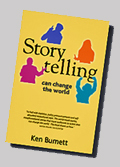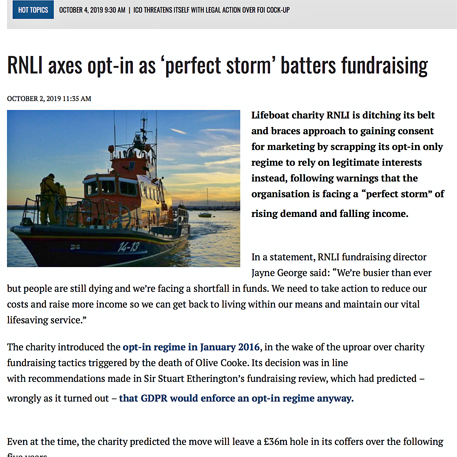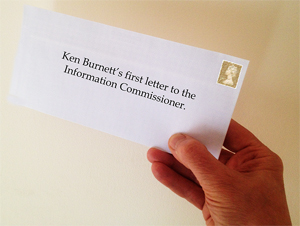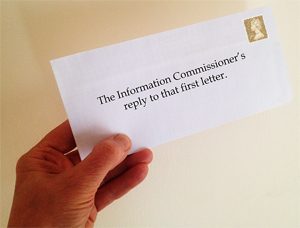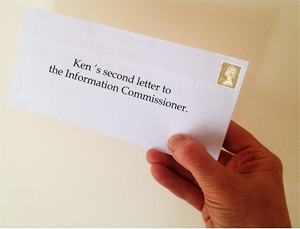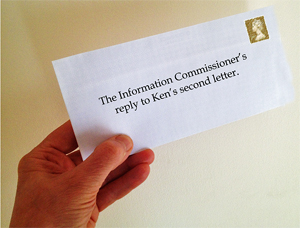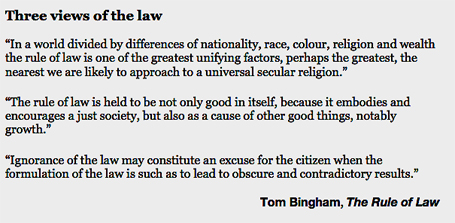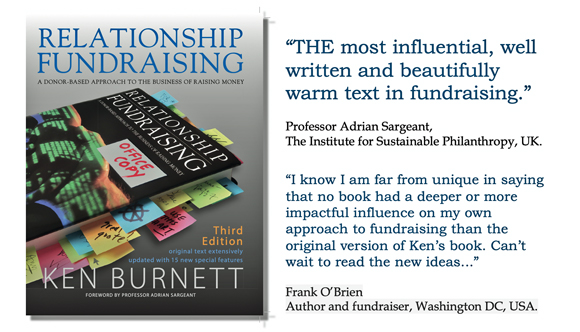|
Blog 2nd May 2017 ‘It is important for me to stress that the consultation Elizabeth Denham, Hopefully, wisdom and common sense will prevail so donors will be given all the control and choice they need and charities will be free to go about their essential business unhampered by pointless restrictions that can only harm the great social good they deliver.
|
Worry 1 Recently, at a meeting of leading fundraising directors, one of the assembled group said, ‘My job now is managing decline’. About one third of the gathered FRDs agreed with him, slightly more did not, with the others undecided. At the time, I thought he was being overly pessimistic. The drift to ‘opt in’ has had me fearing he may not be far wrong. Worry 2 Many hoped it would push our sector towards a renewed realisation of its responsibilities to donors, leading to a timely overhaul of fundraising practices, in turn stimulating new promises to donors and the prospect of a consistently improved donor experience. Premature reaction to impending regulatory changes had me fearing fundraising might be irreparably damaged before that change has time to take effect. These two fears therefore are inextricably linked. Whether the price the UK voluntary sector has to pay for progress will be too high, or not, is now firmly in the hands of the regulators. My take on the Information Commissioner’s second letter, just received, is that any charity deciding to go the opt-in route now doesn’t yet have all the facts, so should wait and see. Here’s why I fear the system known as opt in. If charities lose half of their donor file, or more, what will happen to legacy income, down the line? Or more immediately, what will happen to regular giving, or general donations, special events, charity catalogues and just about everything that charities do? The cost of replacing so many expensively recruited donors would be astronomical. Prohibitive. If charities lose half or more of their donors, what will happen to children or animals suffering abuse, to people waiting for life-saving bone marrow matches, to end-of-life care in hospices and an endless host of other urgent human needs? Not to mention the loss of confidence among generous charity supporters that their giving really does make a difference. What will happen to the legions of caring but not particularly close donors who, in their thousands, happily set several charities up for a fiver or a tenner a month by direct debit ages ago and are quite content just to let that run? If active, confirmed consent is construed as the be-all and end-all, what will happen to the donors who only respond when asked for a need that, not surprisingly, they knew nothing about before being asked because up till then the need simply hadn’t arisen, or they were unaware of it? Both the UK’s Information Commissioner and the Fundraising Regulator have recently issued guidance on the subject of consent, including clear statements of preference from both for ‘opt in’. Readers of my most recent blog will know I’m deeply concerned about the unforeseen consequences of this preference if trustee boards and others are encouraged to see it as the only option they can safely follow.
As you’ll see from these letters opposite I’ve also asked for further confirmation that the system known as continuous donor choice, see opposite, will be a valid, permissible route to communicating with donors beyond the introduction of the GDPR regulations in May 2018. I had hoped that the the Information Commissioner’s reply to the questions above would dispel the widespread anxiety on the issue that seems to grow by the day. It hasn’t. Instead, we have to wait. Which should mean just that, no hasty, partly-informed decisions, from now. Hopefully, wisdom and common sense will prevail so donors will be given all the control and choice they need and charities will be free to go about their essential business unhampered by pointless restrictions that can only harm the great social good they deliver, day in, day out, for all. Continued top of column 2, above. Opt-in update 4 October 2019
In the above article from Decision Marketing the wonderful Jayne George is credited as having ‘admitted that while ‘well intentioned’, the opt-in decision has had a bigger impact than anticipated in reducing the charity’s ability to attract new supporters, raise funds, share safety advice and engage with people.’ Well, fancy that! Who knew?
|
I’ve been corresponding with the Information Commissioner and the Fundraising Regulator seeking clarity on their latest guidance on the ‘opt in/opt out’ debate. To download a pdf of each letter just click on the image below. Apologies for giving you so much reading. But this is important. If time is tight, just read letters 3 and 4.
Continued from column 1, below. From the Information Commissioner’s latest letter I’m encouraged to learn there will be further consultation on ‘legitimate interest’. That’s news, to me. She hasn’t answered my direct questions, but indicates that after consultation, she will. This seems to clearly signal that any charity contemplating making a decision about going down the ‘opt-in’ route any time soon would be acting prematurely. Further analysis of the implications of opt in and legitimate interest is due soon from the Institute of Fundraising. So the message is clear. Wait. There is no need for any charity to rush into opt in. But more than that, isn’t it time, if not passed time, that our sector united to make a concerted call for clarity and common sense in the interpretation and implementation of these new rules? Unsurprisingly the regulators may not fully understand fundraising. So they’re approaching this from a ‘legal interpretation’ perspective, not from a ‘donors best interests’ perspective. We should be urging them to change. They have shown they are not unreasonable people. Why is our sector not campaigning to get the right, donor-based approach expressed more clearly and concisely? © Ken Burnett 2017 NB. For guidance and advice on this complex topic, thanks in particular to Giles Pegram, Jackie Fowler, Tim Connor, Richard Spencer, Helen McEachern, Helen Pattinson, Joe Jenkins and to the offices of the Fundraising Regulator and the Information Commissioner.
Related earlier blogs: |
||

